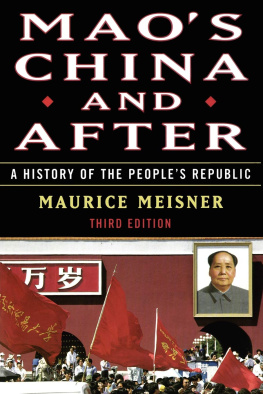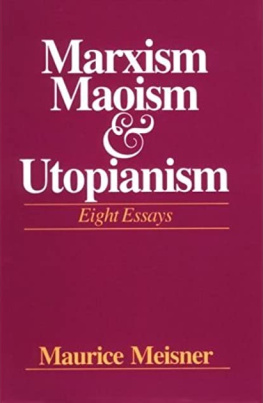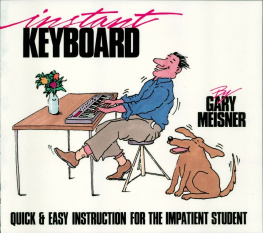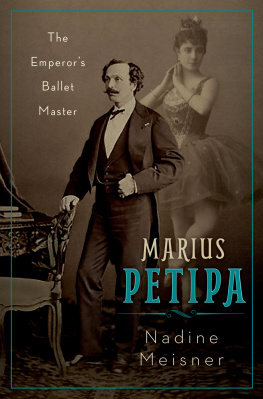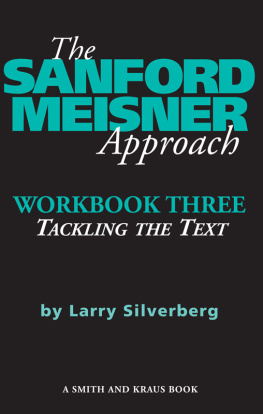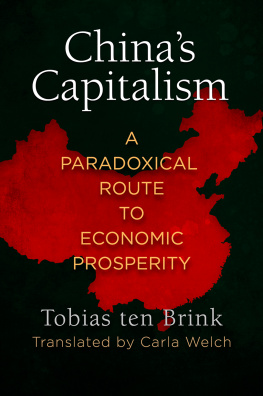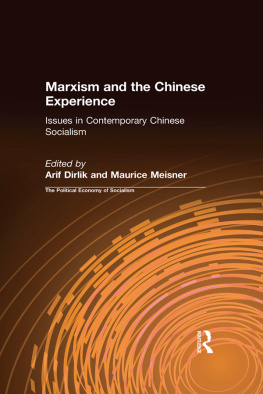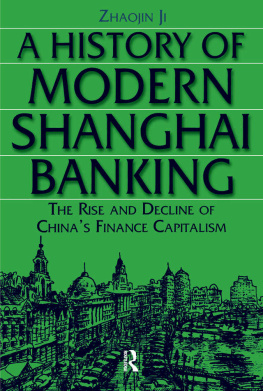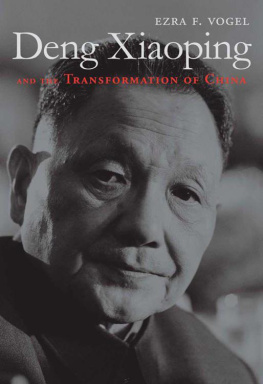Maos China and After
Maurice Meisner
THE FREE PRESS
A Division of Simon & Schuster Inc. 1230 Avenue of the Americas New York, NY 10020
Copyright 1977, 1986 by The Free Press, a Division of Simon & Schuster Inc.
Copyright 1999 by Maurice Meisner
All rights reserved, including the right of reproduction in whole or in part in any form.
THE FREE PRESS and colophon are trademarks of Simon & Schuster Inc.
Designed by Carla Bolte
Manufactured in the United States of America
Library of Congress Cataloging-in-Publication Data
Meisner, Maurice J., 1931-Maos China and after: a history of the Peoples Republic / Maurice Meisner. 3rd ed. p. cm.
Includes bibliographical references and index.
1. China History 1949- I. Title. II History of the Peoples Republic. DS777.55.M455 1999
951.05 dc21
9831734 CIP
ISBN 0684856352 (alk. paper)
epub version 1.0
Preface to the Third Edition
The manuscript for the first edition of Maos China was completed late in the summer of 1976, a few weeks before the death of Mao Zedong. The fact of the passing of Mao (and, as it turned out, the passing of Maoism and the era of peasant revolution) was hastily added to the manuscript as I was preparing to send it to The Free Press for publication.
In Maos China I attempted to evaluate the historical record of the Chinese Communists in power by the standards of their own proclaimed socialist values and Marxist goals and found that record wanting. The first quarter of a century of the Peoples Republic was a time of immense social and material accomplishments, as well as a time of great inhumanities and crimes. It inaugurated the modern industrial transformation of the worlds most populous country, which, over the previous century, had become one of the worlds most backward and wretched lands. During the Mao era the Chinese Communists made a notable, if flawed and ultimately failed, attempt to reconcile the imperatives of modernization with the ends of socialism. Conspicuous among the failures of what so many once so hopefully celebrated as the transition to socialism in China was the absence of any serious attempt to create the essential democratic political preconditions for the envisioned new society. Maoism was not a doctrine that appreciated the elemental truth that the self-government of the producers, to recall Karl Marxs famous term, is an essential feature of any society that can claim to be socialist. Thus, at the close of the Mao period, China remained a bureaucratically dominated order that was neither recognizably capitalist nor genuinely socialist. Such, in brief, was the conclusion of the first edition of Maos China,
The writing of the second edition, which was published in 1986 under the title Maos China and After, was undertaken, in part, to correct errors of fact and interpretation on the basis of new information on the Mao period that became available in the early post-Mao years, especially about the ill-fated Great Leap Forward campaign (195860) and the Cultural Revolution of the late 1960s. In larger part, the second edition was written to take into account the unanticipated and far-reaching changes that took place in China as a result of Deng Xiaopings reforms. Writing in the early 1980s, I interpreted the unleashing of market forces as an expedient to serve the nationalist and modernizing aims of the Chinese Communist state, a bureaucratic monolith that seemed to stand as an impregnable barrier to both socialism and capitalism.
My conclusion proved erroneous. For the fact of the matter is that the Communist state, far from being an obstacle to Chinese capitalism, has been its essential agent and promoter. Over the past two decades, China has undergone the most massive and the most intensive era of capitalist development in world history, whatever Deng Xiaoping and other Communist leaders may have intended in 1979. Thus, the writing of the third edition of this history has been undertaken primarily to explore the origins, the peculiar nature, and the social consequences of Chinese capitalism.
The new edition perforce adds fifteen years to the political history of post-Mao China, bringing the story of Chinese Communism to the last year of the millennium, the year that also marks the fiftieth anniversary of the Peoples Republic. The addition of a decade and a half to the historical account, and an attempt to present an intelligible analysis of the development of Chinese capitalism, has made the text longer than it was in the previous edition. I have attempted to partially compensate for this by purging superfluous words and phrases throughout the text and eliminating sections in my account of the Mao era dealing with events that seem far less significant and interesting today than they did in the 1970s.
I should also note that the traditional Wade-Giles system of romanizing Chinese names and terms has been replaced throughout the book by the now more widely used pinyin system, with the exception of books and articles originally published with titles and names of authors rendered in the older fashion.
Most of what is written on the following pages is based on the labors of many scholars and journalists who have produced thousands of books, articles, and reports on modern and contemporary China. My debts to them are only partially and very inadequately acknowledged by brief references to their writings in the footnotes and bibliography. I fear I have used their work to arrive at interpretations many of them do not share.
I am grateful to many friends and colleagues who have read parts or all of various editions of the manuscript over the years and offered insightful criticisms and suggestions. Among those who were especially generous with their time and wisdom are Donald Klein, James Sheridan, Arif Dirlik, Robert Pollin, Lin Chun, Robert Marks, and Cui Zhiyuan. I am indebted to Carl Riskin for allowing me to borrow so heavily from Chinas Political Economy, his superb book on Chinas post-1949 economic history, and his most perceptive other writings. And I owe special thanks to Frederick Vanderbilt Field, a very special friend.
I appreciate enormously the encouragement and commentaries of many of my colleagues in the Department of History at the University of Wisconsin-Madison, especially Theodore Hamerow and Stanley Kutler. Bill Brown and Tom McCormick will never know how many of their insightful comments mostly made informally over lunch at the Caspian Cafe eventually found their way into this new edition.
I owe much to the graduate students who participated in my seminar in modern Chinese history for more than two decades and contributed greatly to the making of this book. They did so by raising and discussing so perceptively many of the problems that the book attempts to deal with, by commenting on various bits and pieces of the manuscript that I sometimes inflicted on them, and by generously permitting me to borrow ideas from their papers and dissertations. I learned a great deal from them. I cannot name them all here, but I must gratefully acknowledge the specific contributions of Bob Marks, Paul Pickowicz, Catherine Lynch, Lee Feigon, Brenda Sansom, Wang Yian-iee, C. K. Kung, Dan Meissner, Tom Lutze, Lisa Brennan, and the late Lin Weinan, who died at a tragically young age.
I also enormously appreciate the reports of Marilyn Young and William Joseph, The Free Presss outside readers of the new chapters that make up . Their comments cheered me considerably at a dreary point in the preparation of the final version, and their suggestions saved me from more errors of fact and omission than the book now contains.
Belatedly, I wish to express my warm appreciation to Joyce Seltzer, former senior editor at The Free Press, whose creative interventions were in good measure responsible for the second edition and who made the initial arrangements for the publication of this edition. I am most grateful to Bruce Nichols, present senior editor at The Free Press, for his encouragement, his professionalism, and his superb management of unruly authors. And I was very fortunate at The Free Press to have the editorial assistance of Caryn-Amy King, who supplied skill, encouragement, and patience all in abundant measure.
Next page
